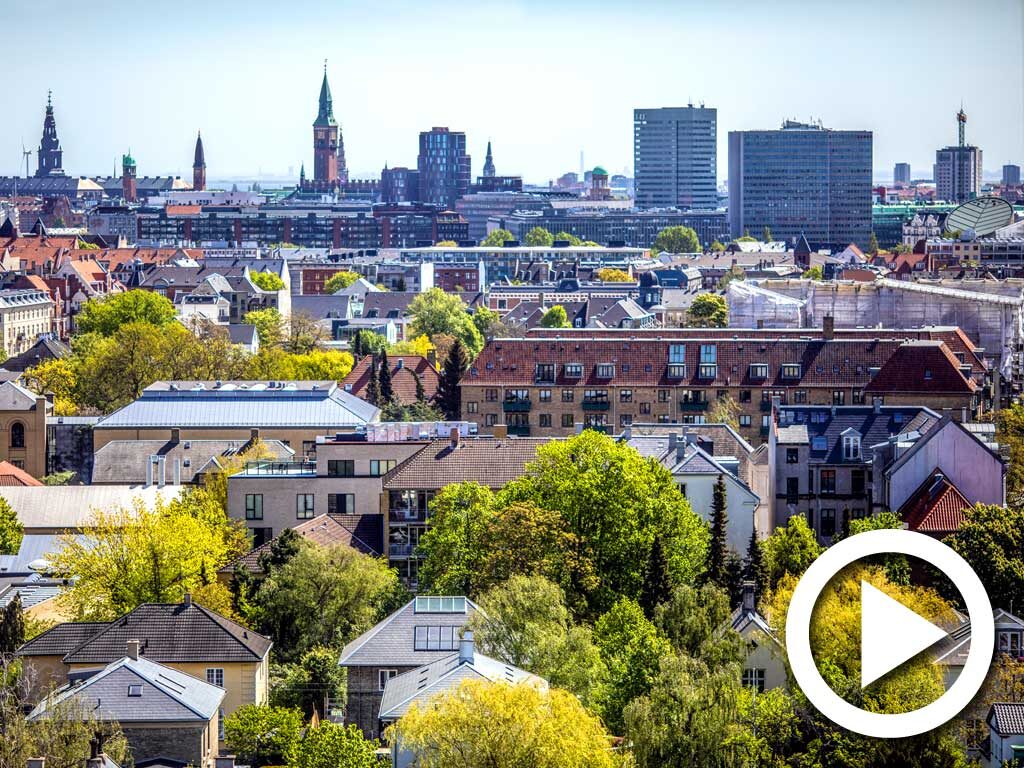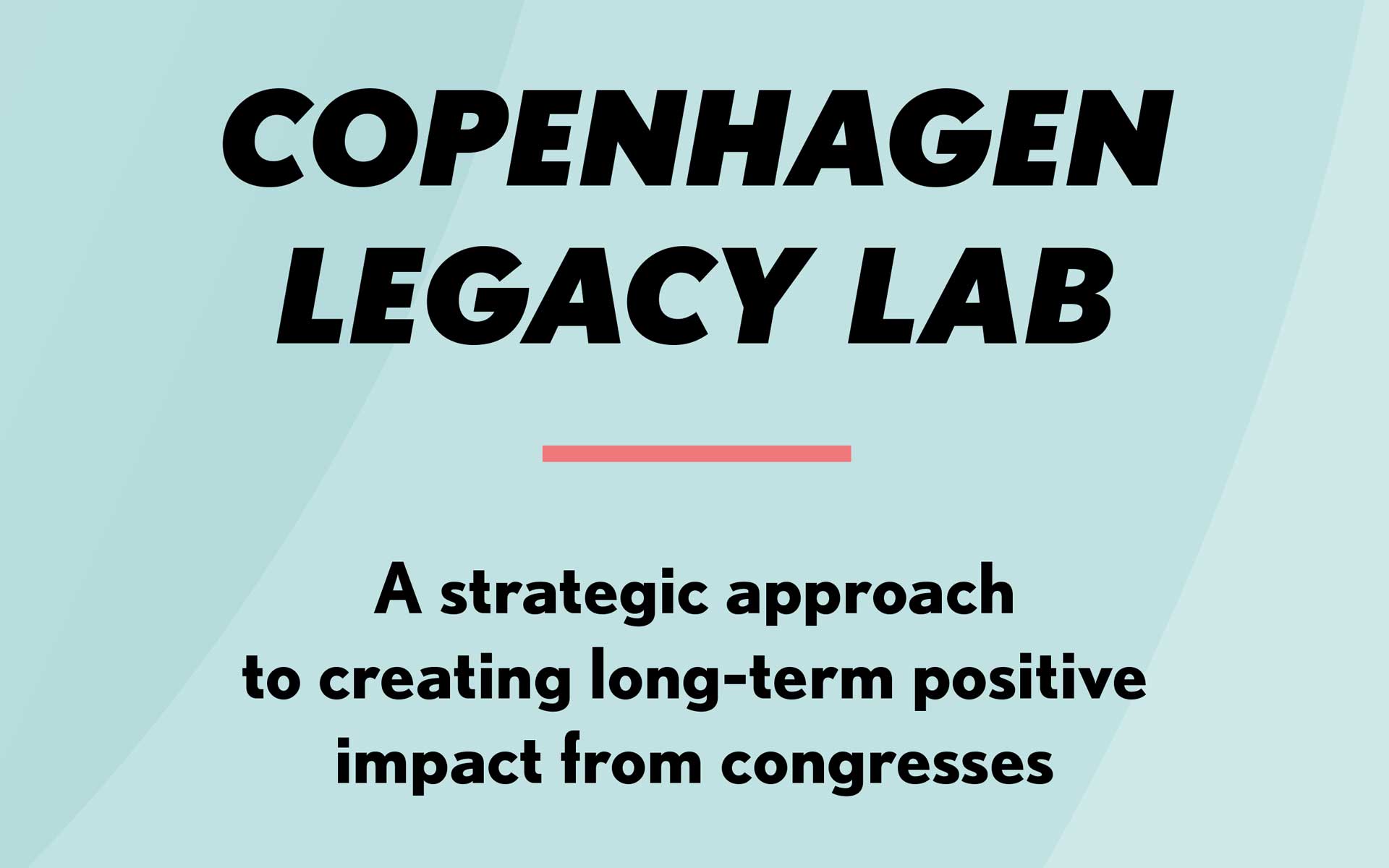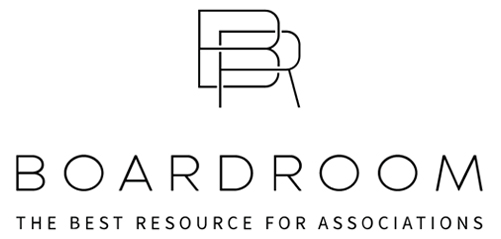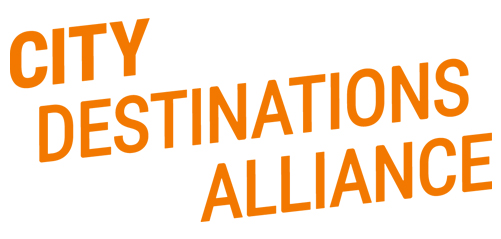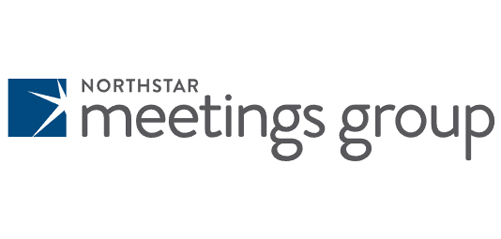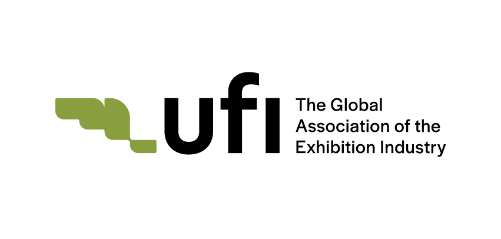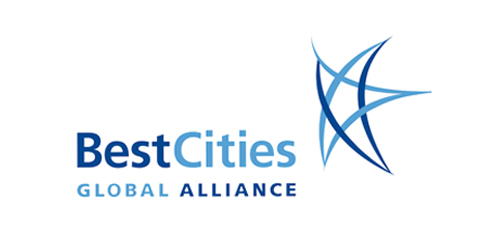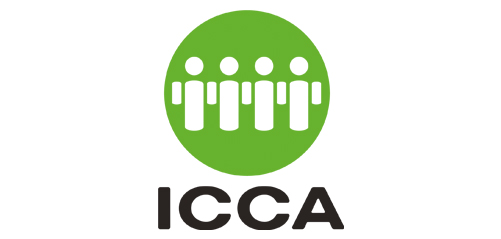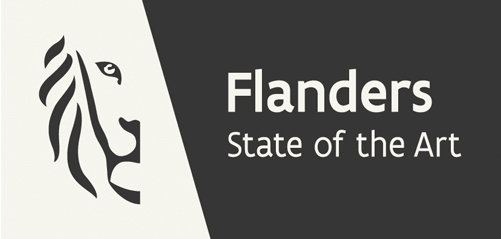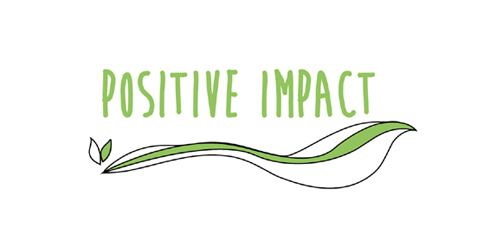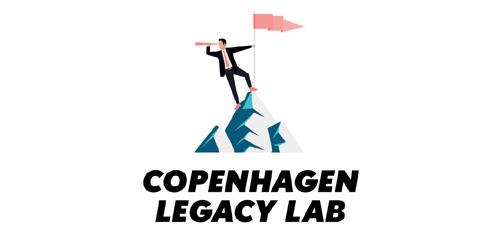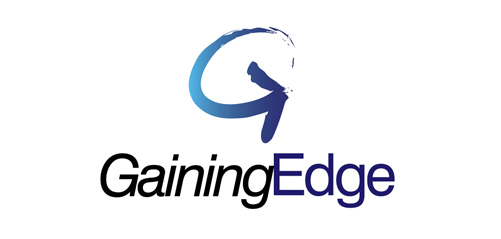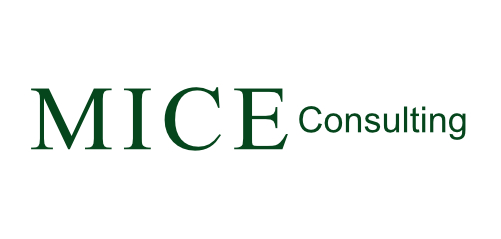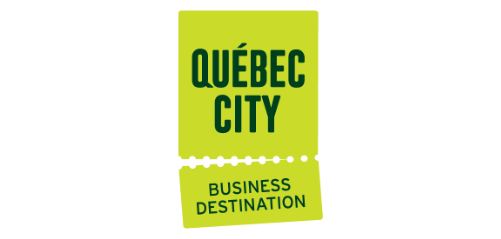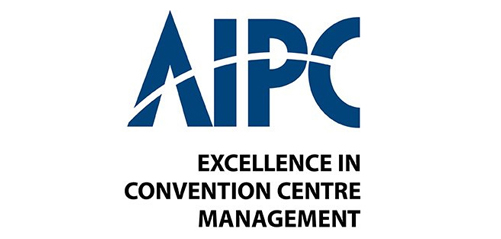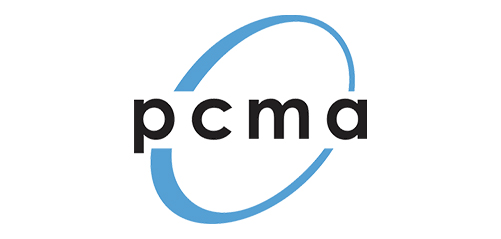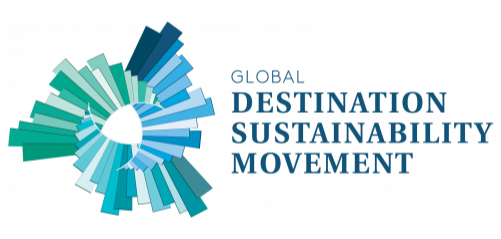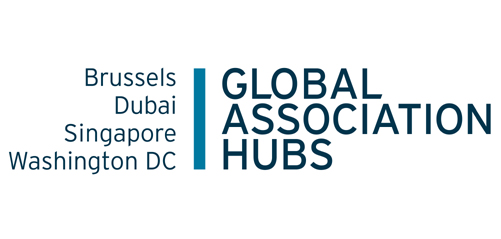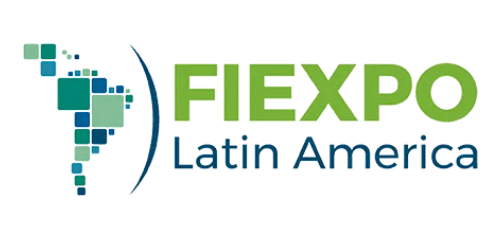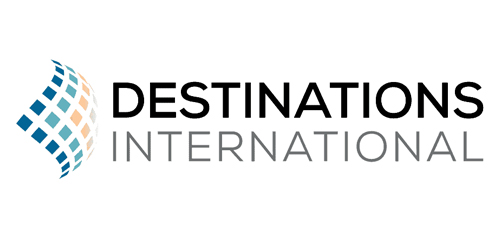The congresses of the future need to have a positive, long-lasting impact at heart, not solely as a justification to travel and meet, but also to augment their contribution to stimulating and driving social and economic change. In order to achieve this, associations and destinations need concrete tools that can help them work strategically with legacy when planning and hosting a congress.
After years of research into legacy and the impact of international congresses along with producing legacy reports and tools with MeetDenmark, Copenhagen Convention Bureau is sharing its new Copenhagen Legacy Lab publication with the global meetings industry parallel with this year’s 59th ICCA World Congress.
Presenting reflections on legacy as well as straight forward and hands-on information on how to work systematically with legacy in a congress setting and the processes involved, the publication follows great work carried out by others such as The Joint Meeting Industry Council, BestCities Global Alliance, ICCA, Sydney University of Technology and IMEX (JMIC presents The Iceberg and BestCities, ICCA, and IMEX are all Iceberg partners).
The Copenhagen approach to legacy.
The Copenhagen Legacy Lab (click image to read).
Copenhagen CVB Shares Its Copenhagen Legacy Lab Processes and Tools with the Global Meetings Industry (Copenhagen CVB website press release)
Copenhagen CVB Shares Its Copenhagen Legacy Lab Processes and Tools with the Global Meetings Industry (Meetings International article)
Meetings: Climate Change and COVID-19 Push Case for Legacy, Report Finds (Association Meetings International article)
CVB Shares Its Copenhagen Legacy Lab Processes (Conference & Meetings World article)

